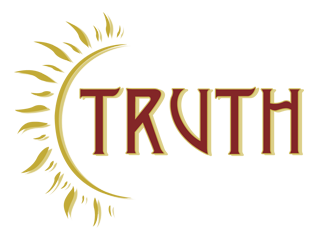Wealth, built from your point of view
While financial assets like stocks and investments are often associated with wealth, it is important to understand that wealth encompasses more than just monetary value.
True wealth can be measured by various factors, including:
- Financial Assets: These encompass cash, investments, real estate, stocks, bonds, and other financial instruments that contribute to an individual’s net worth.
- Physical Assets: Tangible possessions such as properties, vehicles, jewelry, artwork, and other valuable items that hold intrinsic worth.
- Intellectual Capital: Knowledge, skills, and expertise possessed by an individual that can lead to personal and financial growth. This includes education, professional qualifications, and specialized abilities.
- Social Capital: The network of relationships, connections, and social influence an individual possesses. Building strong relationships and having a supportive network can provide opportunities and enhance overall well-being.
- Health and Well-being: Good health and access to quality healthcare are crucial aspects of wealth. Physical and mental well-being contribute to a higher quality of life and enable individuals to pursue their goals and ambitions.
- Time Freedom: Having the flexibility and freedom to spend time on activities that matter most, such as pursuing hobbies, spending time with loved ones, or engaging in personal development.
- Emotional Fulfillment: A sense of purpose, fulfillment, and happiness in one’s life. This can be achieved through meaningful relationships, personal growth, contributing to society, and pursuing passions.
While financial resources are important, true wealth encompasses a broader perspective, considering various aspects that contribute to a fulfilling and prosperous life. Managing wealth requires a holistic approach that considers financial goals, risk tolerance, lifestyle aspirations, and personal values.

